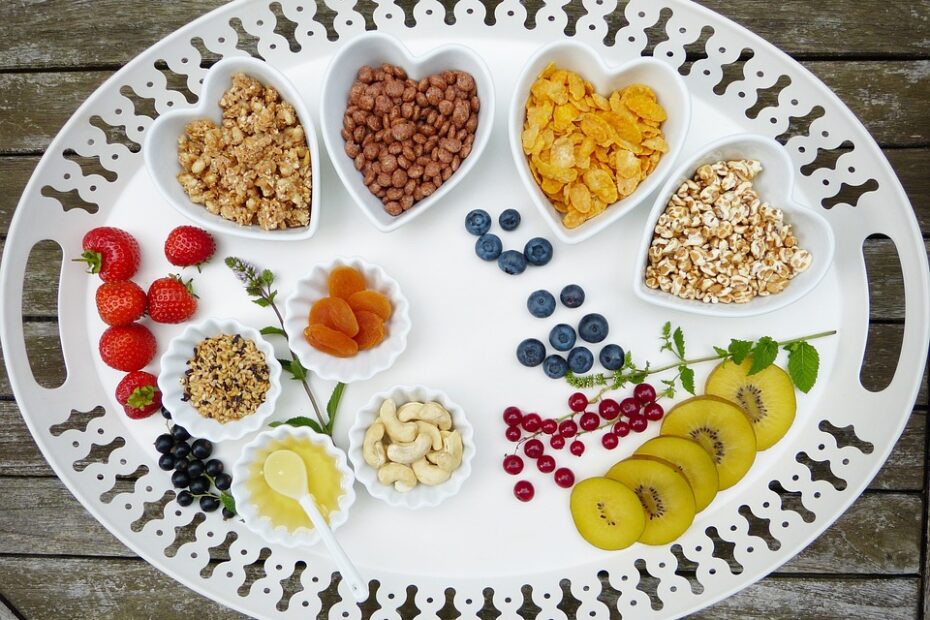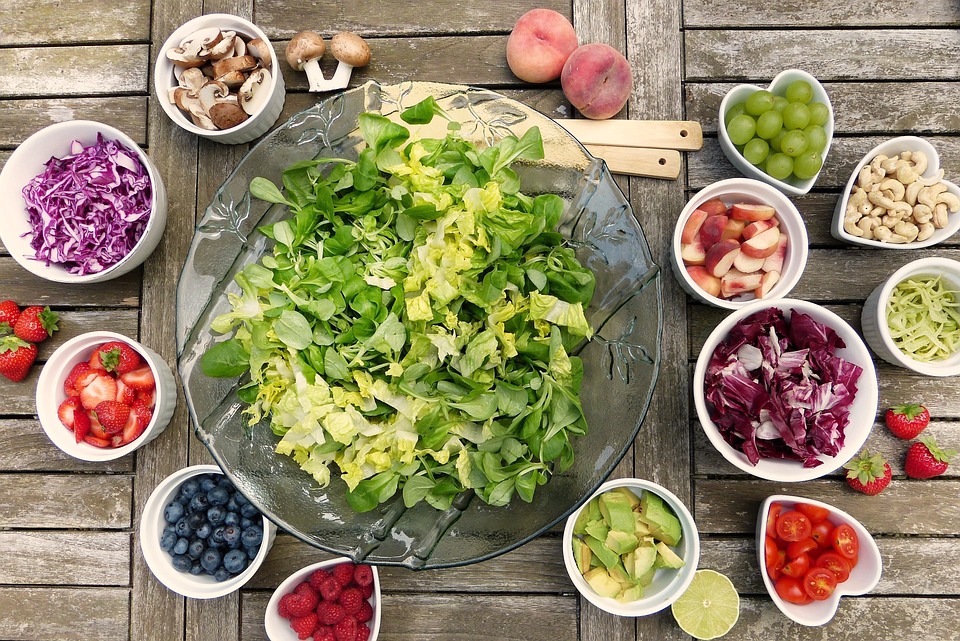Introduction
When it comes to weight loss surgery, gastric sleeve surgery is one of the Most popular options. This procedure involves removing a large portion of the stomach, leaving behind a smaller, sleeve-shaped stomach. This results in a decreased appetite and a feeling of fullness with smaller portions of food. One common question that many patients have after undergoing gastric sleeve surgery is how many ounces of food they can eat in one sitting. In this article, we will explore this topic in detail, providing information and guidance for those who have had or are considering gastric sleeve surgery.
Understanding the Gastric Sleeve Surgery
Before we delve into how many ounces of food you can eat after gastric sleeve surgery, it is important to understand how this surgery works. The goal of gastric sleeve surgery is to reduce the size of the stomach, which in turn reduces the amount of food that can be consumed. The surgery involves removing approximately 80% of the stomach, leaving behind a smaller, sleeve-shaped stomach that can hold only a few ounces of food at a time.
After the surgery, patients will need to follow a strict diet plan to help them adjust to their new stomach size. This will involve starting with a liquid diet and gradually progressing to soft foods and then solid foods. Portion control and eating slowly are key components of the post-surgery diet plan to prevent discomfort and promote weight loss.
How Many Ounces Can You Eat After Gastric Sleeve?
One of the most common questions that patients have after gastric sleeve surgery is how many ounces of food they can eat in one sitting. The answer to this question can vary depending on the individual and how well they have adapted to their new stomach size. In general, most patients can comfortably eat around 4-6 ounces of food per meal after gastric sleeve surgery.
It is important to note that the size of the stomach will continue to stretch slightly over time, allowing patients to gradually increase the amount of food they can eat. However, it is crucial to listen to your body and stop eating when you feel full to avoid discomfort or complications.
Tips for Managing Portion Sizes After Gastric Sleeve Surgery
Managing portion sizes after gastric sleeve surgery is essential for long-term success and weight loss. Here are some tips to help you control your portions and make the most of your smaller stomach size:
1. Use smaller plates and bowls: Eating off smaller plates and bowls can help visually reduce portion sizes and prevent overeating.
2. Measure your food: Use measuring cups and scales to portion out your food and avoid eating more than you should.
3. Eat slowly: Take your time to chew your food thoroughly and savor each bite. Eating slowly can help you feel full faster and prevent overeating.
4. Focus on protein: Protein is an essential nutrient after gastric sleeve surgery, as it helps promote satiety and preserve muscle mass. Be sure to include lean protein sources in each meal.
5. Avoid drinking with meals: Drinking liquids with meals can fill up your stomach and prevent you from eating enough solid food. Try to wait at least 30 minutes before and after meals to drink fluids.
conclusion
In conclusion, after gastric sleeve surgery, most patients can comfortably eat around 4-6 ounces of food per meal. It is important to follow a strict diet plan and practice portion control to ensure long-term success and weight loss. By listening to your body, eating slowly, and focusing on nutrient-dense foods, you can make the most of your smaller stomach size and achieve your weight loss goals. If you have any concerns or questions about your post-surgery diet, be sure to consult with your healthcare provider for personalized guidance and support.
Most Common Questions Concerning How Many Ounces Can You Eat After Gastric Sleeve
How Many Ounces of Food Can You Eat After Gastric Sleeve Surgery?
Question: How many ounces of food can I eat after gastric sleeve surgery?
After undergoing gastric sleeve surgery, the amount of food you can eat will be significantly reduced compared to before the procedure. However, the exact number of ounces you can consume will vary depending on individual factors such as your surgeon’s recommendations, your body’s response to the surgery, and your overall health.
1. The amount of food you can eat after gastric sleeve surgery typically ranges from 3 to 6 ounces per meal.
2. It is essential to follow your surgeon’s guidelines and recommendations to ensure proper healing and long-term success with your weight loss goals.
3. Eating too much or too quickly can lead to discomfort, vomiting, and other complications, so it is crucial to listen to your body’s signals and stop eating when you feel full.
What Factors Determine How Many Ounces of Food You Can Eat After Gastric Sleeve Surgery?
Question: What factors influence the amount of food I can eat after gastric sleeve surgery?
Several factors can affect the amount of food you can eat after gastric sleeve surgery. These factors include your surgeon’s recommendations, your body’s response to the surgery, your level of physical activity, and your overall health and dietary habits.
1. Your surgeon’s guidelines and recommendations play a significant role in determining the amount of food you can eat after gastric sleeve surgery.
2. Your body’s response to the surgery, such as how quickly you feel full or how well you tolerate certain foods, will also impact the quantity of food you can consume.
3. Factors like physical activity levels, overall health, and dietary habits can affect your body’s ability to process food and determine the appropriate portion sizes for you.
How Should You Measure Food Portions After Gastric Sleeve Surgery?
Question: How should I measure food portions after gastric sleeve surgery?
Measuring food portions after gastric sleeve surgery is essential to ensure that you are eating the right amount of food to support your weight loss and overall health goals. There are several methods you can use to measure food portions effectively.
1. Use measuring cups and spoons to portion out your food accurately.
2. Consider investing in a food scale to weigh your food and ensure precise measurements.
3. Pay attention to visual cues, such as the size of your palm or a deck of cards, to estimate portion sizes when measuring tools are not available.
What Are Some Tips for Managing Portion Sizes After Gastric Sleeve Surgery?
Question: What are some tips for managing portion sizes after gastric sleeve surgery?
Managing portion sizes after gastric sleeve surgery is crucial for successful weight loss and overall health. Here are some tips to help you control your food portions effectively.
1. Eat slowly and chew your food thoroughly to give your body time to signal when you are full.
2. Use smaller plates and bowls to create the illusion of larger portion sizes.
3. Focus on nutrient-dense foods that are rich in vitamins, minerals, and protein to maximize your nutritional intake without overeating.
What Are the Risks of Overeating After Gastric Sleeve Surgery?
Question: What are the risks associated with overeating after gastric sleeve surgery?
Overeating after gastric sleeve surgery can lead to a range of health complications and hinder your weight loss progress. It is essential to be mindful of your portion sizes and listen to your body’s signals to avoid these risks.
1. Overeating can cause discomfort, nausea, vomiting, and other digestive issues.
2. Consuming too much food can stretch your stomach pouch, reducing the effectiveness of the surgery and potentially leading to weight regain.
3. Overeating can also increase the risk of nutritional deficiencies, as you may not be able to absorb essential nutrients from your food properly.
1. Misconception: You can eat as much as you want after gastric sleeve surgery
Many people believe that after undergoing gastric sleeve surgery, they can eat unlimited amounts of food. However, this is not true. While the surgery does reduce the size of your stomach, it is still important to practice portion control and make healthy food choices. Eating too much can stretch out your stomach pouch and lead to weight gain.
2. Misconception: You can eat high-calorie foods in large quantities after gastric sleeve surgery
Another common misconception is that you can indulge in high-calorie foods in large quantities after gastric sleeve surgery. While you may be able to eat more than you could before the surgery, it is still important to focus on nutrient-dense foods and limit your intake of high-calorie, low-nutrient foods. Eating too many unhealthy foods can hinder your weight loss progress and impact your overall health.
3. Misconception: You don’t need to watch your portion sizes after gastric sleeve surgery
Some people mistakenly believe that once they have undergone gastric sleeve surgery, they no longer need to watch their portion sizes. While the surgery does restrict the amount of food you can eat at one time, it is still important to be mindful of your portion sizes and listen to your body’s hunger cues. Overeating can lead to discomfort, vomiting, and other complications.
4. Misconception: You can eat at any time of the day after gastric sleeve surgery
After gastric sleeve surgery, some individuals think that they can eat whenever they want without any restrictions. However, it is important to establish a healthy eating schedule and avoid snacking throughout the day. Eating too frequently can prevent you from feeling full and satisfied, leading to overeating and potential weight regain. It is essential to follow a balanced meal plan and stick to regular mealtimes to support your weight loss goals.
5. Misconception: You can eat large portions of healthy foods without consequences after gastric sleeve surgery
While it is important to prioritize nutrient-dense foods after gastric sleeve surgery, eating large portions of healthy foods can still have consequences. Even healthy foods can be high in calories, and consuming too much can hinder your weight loss progress. It is crucial to focus on portion control, listen to your body’s hunger cues, and make mindful choices about the foods you eat to support your overall health and well-being.
How Many Ounces Can You Eat After Gastric Sleeve
#undergoing #gastric #sleeve #surgery #important #follow #doctors #recommendations #portion #sizes #eating #habits #Generally #patients #advised #start #small #meals #gradually #increase #portion #sizes #tolerate

